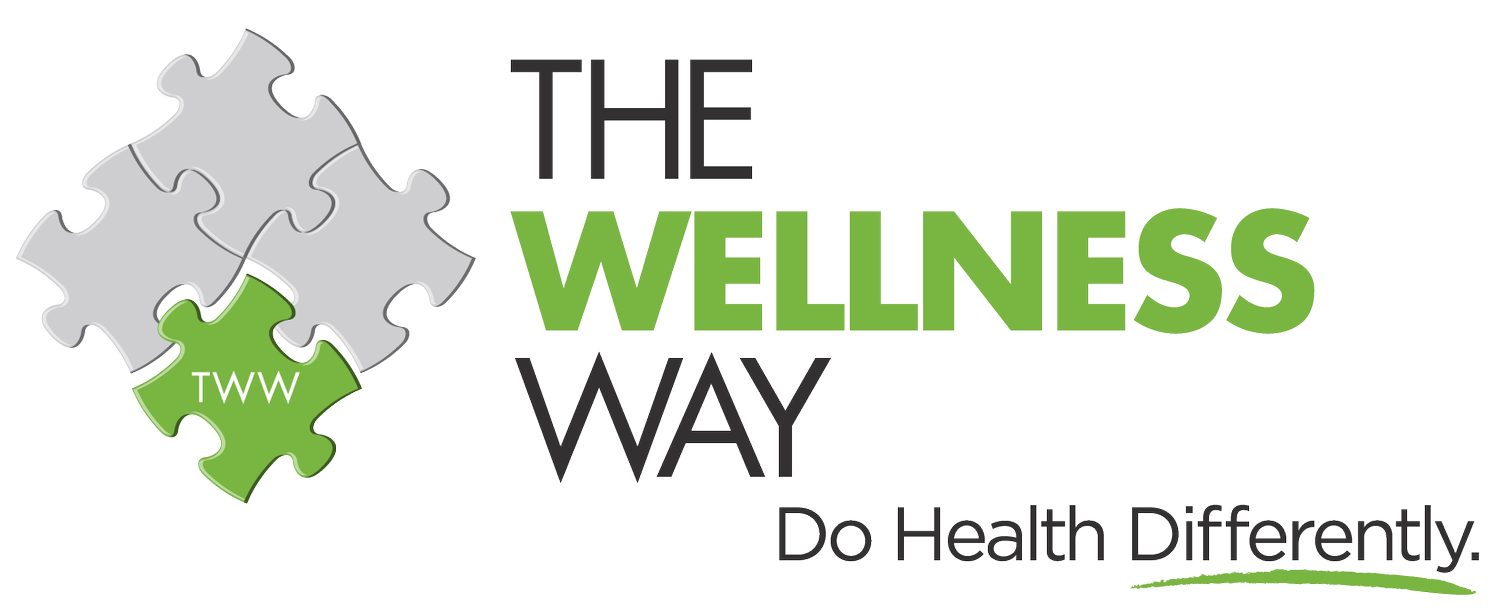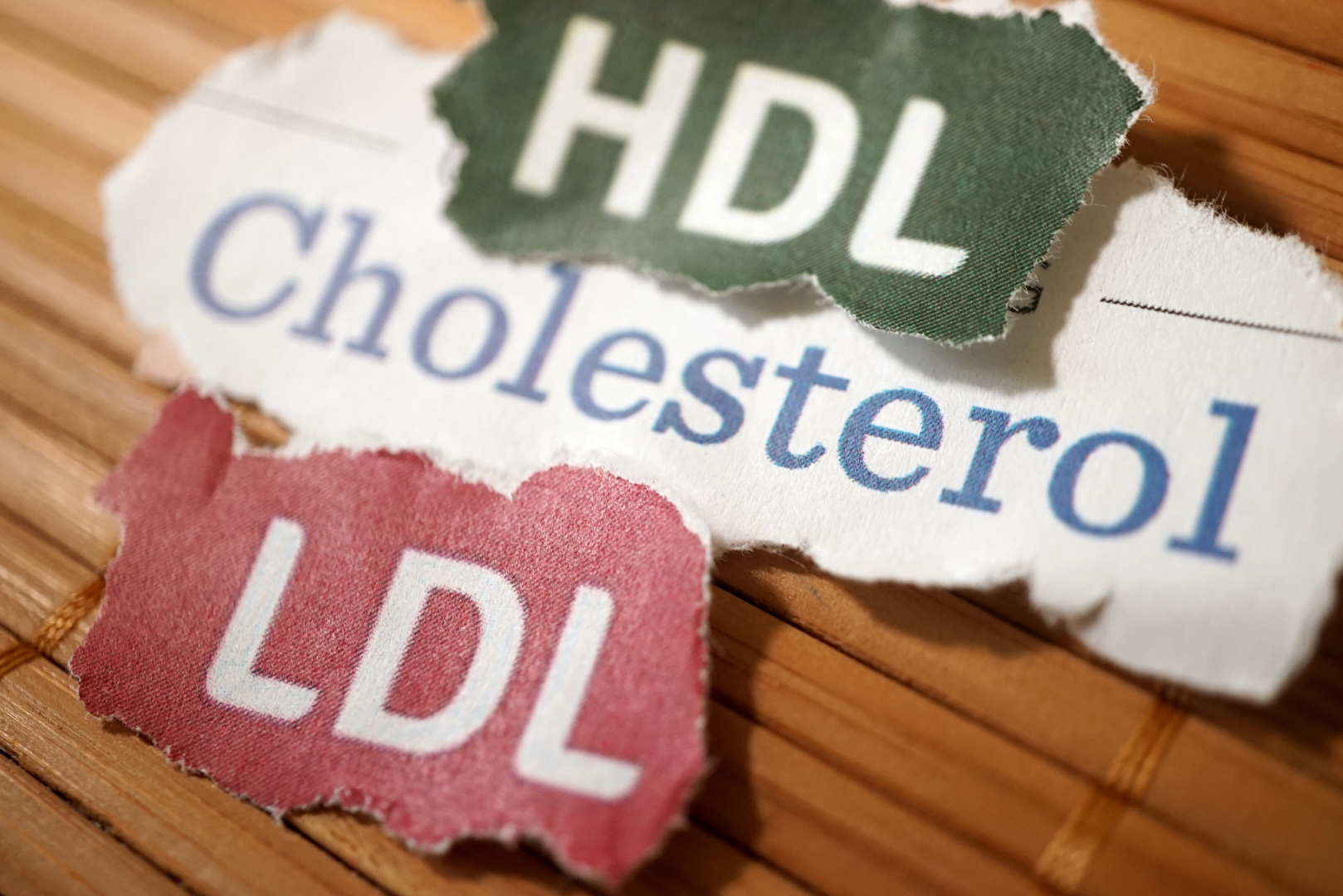Understanding Cholesterol: More Than Heart Health
Cholesterol has long been portrayed as a villain in heart health, with LDL cholesterol labeled as the "bad guy" responsible for clogged arteries, and HDL cholesterol heralded as the "good guy" tasked with cleaning up the mess. However, this simplistic portrayal overlooks the intricate and multifaceted nature of cholesterol.
Let's dive deeper into the complexities of cholesterol and explore better ways to measure the risks for heart disease beyond just cholesterol levels.
Cholesterol Isn't Just Black and White
When talking about cholesterol, we often hear about LDL being the "bad guy" and HDL being the "good guy." But it's not that simple. Low-Density Lipoprotein (LDL), often demonized for its role in plaque formation, actually serves several vital functions in the body.
LDL is instrumental in the production of essential hormones like estrogen, testosterone, and cortisol, which regulate various bodily functions from growth to stress response. Additionally, it acts as a defender, bolstering the immune system by transporting cholesterol to sites of injury, aiding in the healing process. Even the brain benefits from LDL, as it provides the necessary cholesterol for proper neuronal function and communication.
Balancing Act: HDL to the Rescue
In comparison, High-Density Lipoprotein (HDL) is often hailed as the hero of the cholesterol narrative for its plaque-clearing abilities. However, its role extends beyond simply combating the perceived evils of LDL.
Instead of viewing HDL as an adversary to LDL, it's more accurate to see them as partners in maintaining harmony of the body’s cholesterol levels. HDL doesn't seek to eliminate LDL entirely; rather, it works alongside it in a symbiotic relationship. This partnership makes sure that cholesterol is effectively managed and utilized throughout the body, emphasizing the importance of both LDL and HDL in supporting optimal bodily function.
Cholesterol is More Than Just Heart Health
Cholesterol is often misunderstood as merely a risk factor for heart disease, but its significance extends far beyond cardiovascular health. It serves as a fundamental building block for numerous bodily functions essential for our overall well-being, some of which include:
Hormone Production: Acts as a precursor for estrogen, progesterone, testosterone, and cortisol synthesis, regulating reproduction, metabolism, stress response, and immune function.
Integral to Immune Response: Forms cell membranes, supporting cell integrity and function in combating pathogens. Also involved in the production of bile acids, aiding fat digestion and absorption.
Crucial for Neurological Function: Abundant in the brain, contributing to cell membrane structure and nerve impulse transmission. Supports myelin formation, enhancing signal transmission along nerve fibers.
By recognizing this multifaceted nature of cholesterol, we can better understand its importance in maintaining optimal bodily function. It's essential to move beyond the oversimplified perception of cholesterol as solely "good" or "bad" and instead embrace its complex and important contributions to our health. By adopting a holistic approach to cholesterol management, we can strive for better overall health and well-being.
Statins are Band-Aid Solutions
Statins are medications often prescribed by doctors to individuals with high cholesterol. However, despite their widespread use, heart disease continues to pose a significant health concern and is still the #1 cause of death in the United States.
While statins have undoubtedly provided benefits for many people, particularly in reducing LDL cholesterol levels, their limitations and potential risks like liver damage and neurological issues, necessitate a more nuanced approach to cholesterol management.
Given the persistent prevalence of heart disease and the increasing awareness of these statin-related side effects, it may be prudent to reassess reliance on statins as the primary solution for high cholesterol. By exploring alternative strategies and adopting a comprehensive approach that addresses underlying factors contributing to elevated cholesterol levels, we can strive for more effective and sustainable solutions for promoting heart health.
Identifying the Real Culprit: Inflammation
While cholesterol levels have long been the focus of discussions around heart health, inflammation is actually a more reliable indicator behind the risk of developing cardiovascular problems.
Inflammation is the body's natural response to injury or infection, but when it chronic or systemic, it leads to the damage and dysfunction of our arterial walls, making them more susceptible to the formation of plaque. Additionally, inflamed arteries are more prone to plaque rupture, which can trigger heart attacks or strokes.
Furthermore, inflammation interferes with the delicate balance between LDL and HDL cholesterol. Instead of functioning optimally, LDL particles may become more prone to oxidation and contribute to plaque buildup. HDL, which normally helps remove excess cholesterol from the bloodstream, may become less effective in the presence of inflammation.
Understanding Cholesterol in Postmenopausal Women
For postmenopausal women, high cholesterol can be concerning, especially when doctors suggest statins. But before jumping to medication, consider this: during menopause, hormone levels decrease, leading to higher cholesterol production. This is the body's way of compensating for hormonal changes.
For a comprehensive approach to addressing high cholesterol and hormonal imbalances, consider seeking support from holistic health practitioners who prioritize personalized solutions. Schedule your consultation with The Wellness Way Sarasota today to explore tailored strategies for your well-being.
In conclusion, cholesterol goes beyond heart health. By recognizing its involvement in hormone production, immune function, and neurological health, we gain a deeper understanding of its significance in maintaining overall well-being. Emphasizing the importance of exploring alternative strategies and addressing underlying factors such as inflammation and hormonal imbalances.
Adopting a holistic perspective on cholesterol allows us to prioritize comprehensive health and vitality, empowering us to navigate the complexities of cholesterol with informed decisions and personalized solutions.

